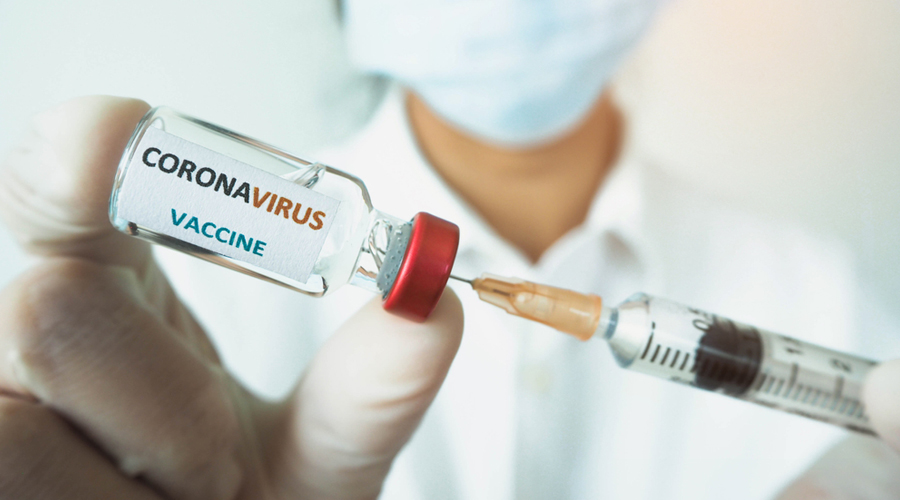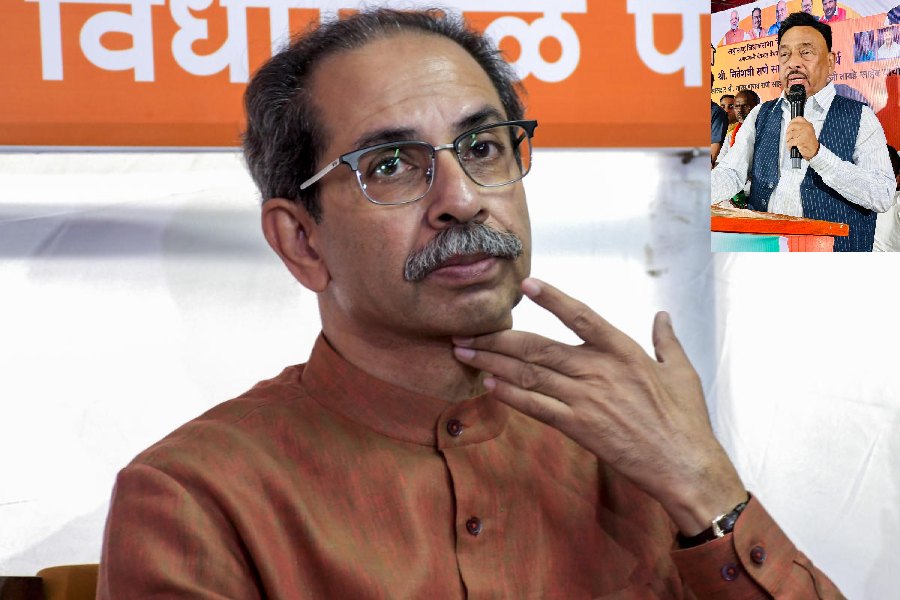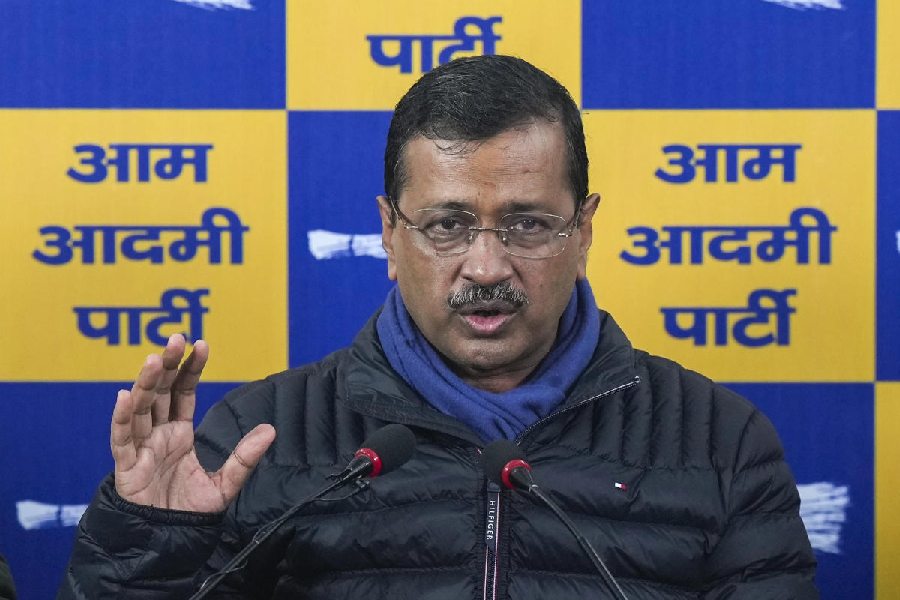India’s drug regulatory panel on Wednesday signalled that it needed more time and data to review the applications for emergency use authorisation of at least two Covid-19 vaccines with risk-versus-benefit assessment as its top priority.
The panel under the Central Drugs Standard Control Organisation (CDSCO) has sought additional data and will continue reviewing the applications from the Serum Institute of India and Bharat Biotech, a top health official told The Telegraph.
Three companies — Pfizer, Serum Institute and Bharat Biotech — have applied for the emergency use authorisation of their Covid-19 vaccines and company executives were scheduled on Wednesday to make presentations to the panel.
The Pune-based Serum Institute has sought approval for the AstraZeneca-Oxford vaccine that the company is manufacturing in India, while the Hyderabad-based Bharat-Biotech has sought approval for a homegrown vaccine jointly developed with the Indian Council of Medical Research.
The CDSCO panel on Wednesday asked the Serum Institute to update its safety data from India, immunogenicity data from India and the UK, and submit the outcome of AstraZeneca’s application for similar approval with the UK regulatory authority.
It has asked Bharat Biotech to submit safety and efficacy data from its clinical trial under way in India.
Medical experts familiar with the regulatory aspects of clinical trials said they were not surprised that the CDSCO panel had asked for additional data. “I guess this means the (panel) is working well,” Urmila Thatte, a senior clinical pharmacologist in Mumbai, told the newspaper.
The emergency use authorisation process, facilitated by enabling provisions in Indian rules, allows the CDSCO to relax certain data requirements to accelerate approval of candidate drugs or vaccines under health emergency circumstances.
The vaccines from Pfizer, AstraZeneca and Bharat Biotech represent three distinct vaccine design strategies and, experts say, each application for emergency use authorisation under review in India contains gaps in data that make the decision challenging.
“These are all good vaccines — but based on only public domain information, it may be early for any to be approved in India,” said Shahid Jameel, a senior virologist and the director of the Trivedi School of Biosciences at Ashoka University in Sonipat (Haryana).
Pfizer’s vaccine, based on a novel vaccine design platform that uses genetic material called RNA, has shown 95 per cent efficacy in protecting people from Covid-19, but all of its clinical trials data come from outside India. The vaccine has not been tested for either safety or its capacity to generate an immune response in India.
The AstraZeneca vaccine — based on a chimpanzee adenovirus platform — has undergone safety and immunogenicity studies in India and the CDSCO panel would have to rely on its efficacy data entirely from its trials in the UK and Brazil.
The Bharat Biotech vaccine is a killed version of the novel coronavirus, what experts describe as a “conventional vaccine platform”. Bharat has already generated its safety and immunogenicity data in India but its efficacy trial on 26,000 volunteers is still under way.
The two efficacy values of the AstraZeneca vaccine under two different dosing regimens evaluated during the clinical trials in the UK and Brazil, experts say, complicates the decision in India. The vaccine was shown to have 90 per cent efficacy with a half dose first followed by a full dose a month apart, and 62 per cent efficacy with two full doses.
The clinical trial by the Serum Institute in India involved only the 62 per cent efficacy regimen. Thatte and other experts say the CDSCO would ideally thus need to review the AstraZeneca vaccine only for the 62 per cent efficacy regimen and not the 90 per cent regimen.
“Pfizer, ideally, would need to do a small bridging study in India,” said Gagandeep Kang, a senior microbiologist and vaccine science expert at the Christian Medical College, Vellore. A bridging study involves quickly demonstrating safety and immunogenicity in Indian volunteers — what the Serum Institute has done with the AstraZeneca vaccine.
But the Serum Institute study, some scientists underline, while involving 1,600 volunteers is looking at immunogenicity in only 400 volunteers.
India’s drug regulatory panel has sought more data from both Serum Institute and Bharat Biotech on their Covid-19 vaccines, signalling what health officials say is its abundant caution during the accelerated approval process.
Some scientists expect that the AstraZeneca vaccine could be the first to be approved in India — but only after the UK regulatory authority has done so.











